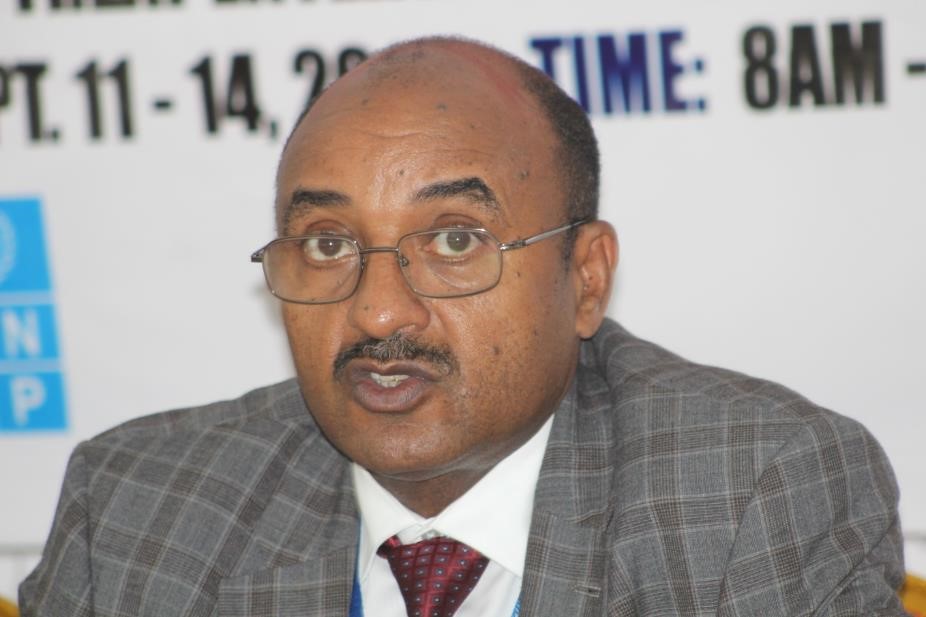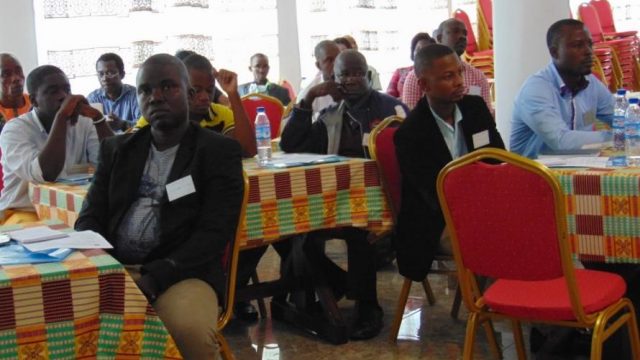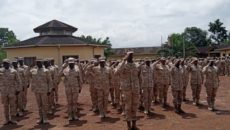MONROVIA, Montserrado – Mulugeta Abebe, the United Nations Development Programme’s deputy country director for operations in Liberia, says the agency will continue to be a key and reliable partner to the government.
Abebe made the statement on Tuesday, September 11 at the start of a capacity building training to empower Liberian-owned businesses in the private sector.
The Public Procurement and Concessions Commission is partnering with UNDP to train Liberian business leaders in bidding on government contracts. Abebe said this training was being done as part of the UNDP’s capacity for development effectiveness project.
“The C4DE, which is a signature project for the UNDP, has been a resounding success for showcasing the partnership between the U.N. agency and government,†Abebe said.
The program is assisting the government’s drive to professionalize the procurement profession and address the significant capacity gap that exists, he said, adding that it would also promote transparency and accountability in the procurement profession.
Through the program, Abebe said the government stands to benefit not only from human resource capacity development, but also from institutional strengthening to enable ministries, agencies, and commissions to deliver on their core mandates.
“The UNDP is always willing to work with the government to help achieve its goals and objectives,†Abebe added.
He then urged the participants to make maximum use of the opportunity afforded them to develop the Liberian business sector, which he called Liberia’s engine of growth.
For his part, James Dorbor Jallah, executive director of the PPCC, told the participants that following the passage of the Small Business Act into law in 2015, the government decided that some of the money used by agencies for procurement processes should be allocated for exclusive competition among Liberian-owned businesses.
He added that “a lot of reforms were done at the PPCC†to implement the law.
Jallah described the first year of implementation of the law as highly successful because more than US$40 million was infused into Liberian-owned businesses.
“In the second year, the outcome was the same and the figures for the third year are still being put together,†he added. “My expectation is that the numbers dropped in the third year because of the transition process.â€
However, despite the relative success, Jallah said his agency noticed that many Liberian-owned businesses could not meet up with bid requirements and were losing out on government contracts.
“It has hurt my heart because there are times I have to cancel or tell agencies not to award contracts to specific businesses because they do not meet the requirements of the law,†Jallah said.
“Liberian-owned businesses were challenged when it came to preparing bids.â€
The training aims to ensure that business owners can learn the appropriate skills for putting together bids, to make their companies more competitive.
Featured photo by Zeze Ballah




